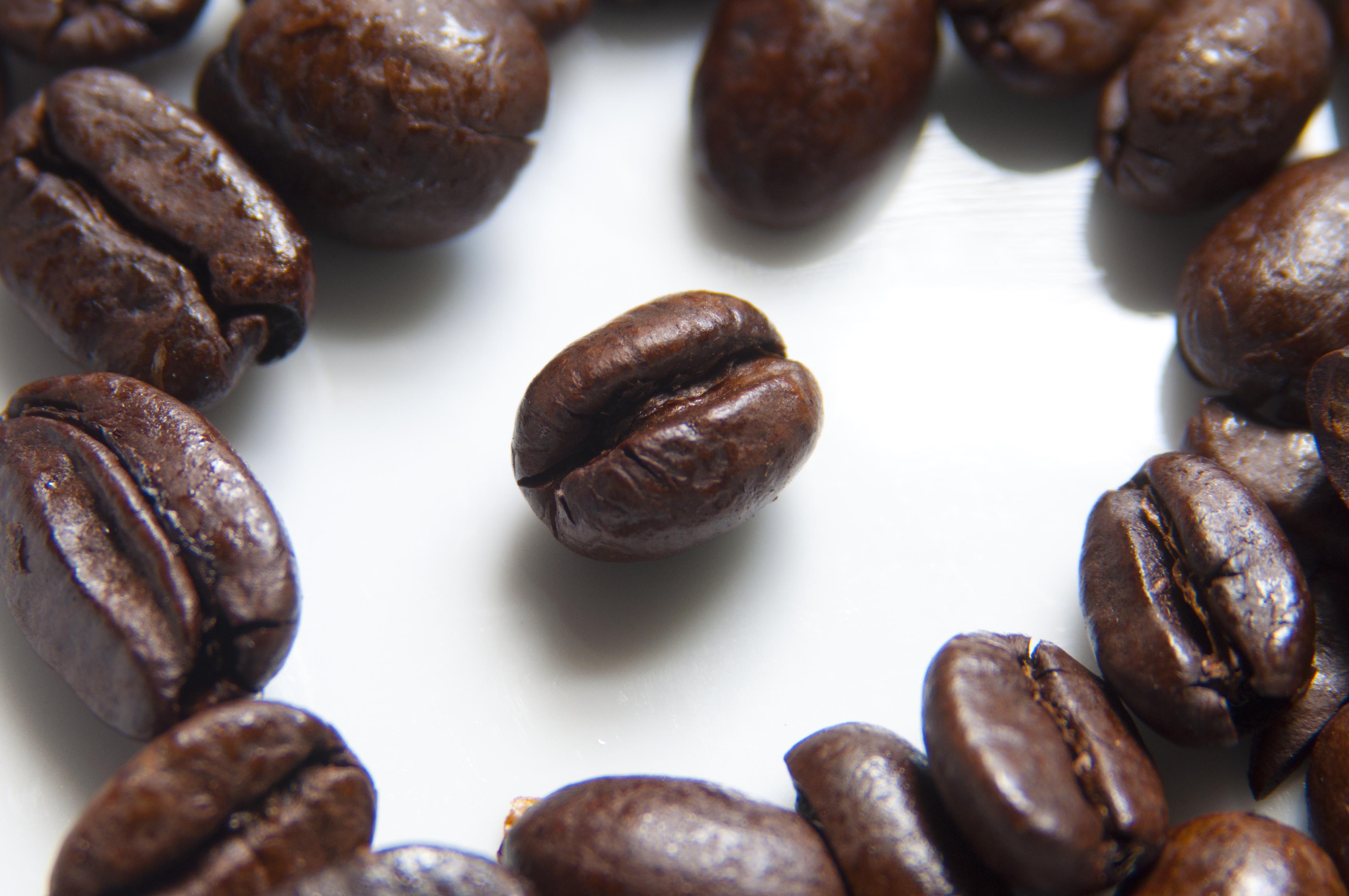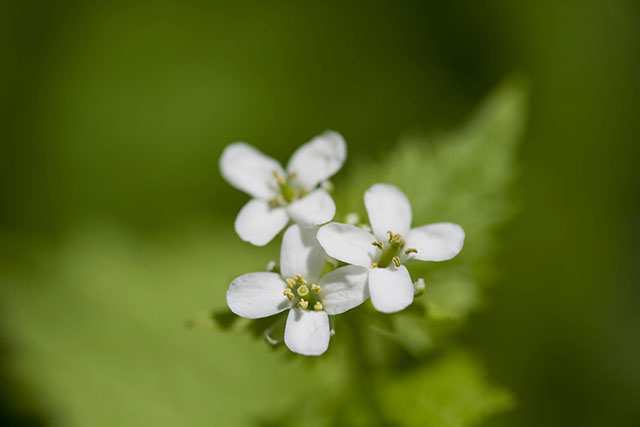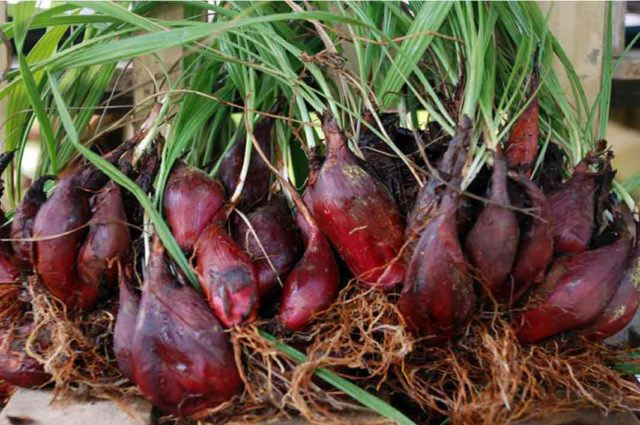The positives and negatives of caffeine on your overall health
07/11/2016 / By usafeaturesmedia

(WomensFitnessFocus.com) Caffeine is a compound found in a variety of plants and acts as a natural pesticide which protects plants from the insects that feed on them. In the human body, however, caffeine behaves like a psychoactive stimulant drug by arousing the central nervous system and it is also a gentle diuretic. Caffeine is most prevalently found in the cherries of coffee plants, in leaves of tea bushes, in the kola nuts, in yerba mate, in guarana berries, in cocoa plants, in yaupon hollies and in certain species of beans. Most of our caffeine intake, and we take in quite a bit of it, is through the consumption of coffee, tea, cocoa, soft drinks as well as sports and energy drinks.
Because caffeine, in one ingestible form or another, plays such significant social, economic and cultural roles in just about every nation around the world, scientists and researchers have conducted many studies pertaining to health issues, particularly in women because it is women who tend to be more sensitive to it than men and because it takes women longer to detoxify caffeine out of their systems.
Caffeine and the Female Sex Hormones of Childbearing Age Women
- Approximately forty percent of women of childbearing age experience at least some symptoms of the premenstrual syndrome (PMS) which includes breast swelling and tenderness, bloating and weight gain, abdominal cramps and headaches, irritability and depression, fatigue and anxiety. Reduced consumption of caffeine has helped relieve some of these symptoms, especially the nervous irritability and breast sensitivity.
- Increased fibrous and glandular tissues in the breasts results in a commonly occurring but painful condition in women called fibrocystic breasts. Elimination of caffeine intake will not dissolve the noncancerous cysts but it will reduce the pain.
- According to the Centers for Disease Control, nearly ten million women are using infertility services to increase their chances of becoming pregnant. As part of these treatments, elimination of caffeine is recommended for it seems to have an adverse affect on women’s fertility.
- Pregnant women who take in caffeine tend to give birth to considerably smaller babies who, after birth, display signs of caffeine withdrawal because the caffeine had permeated the placental barrier. Caffeine is also known to cause heart palpitations in pregnant women.
- Women who intend to breastfeed should stop ingesting caffeine as it becomes a component of the breast milk.
Caffeine and the Female Sex Hormones of Post-Childbearing Age Women
- Menopause is a natural process of aging and hormonal changes in women. Many menopausal women experience hot flashes, sleeplessness, vaginal dryness, osteoporosis and heart attacks. All these symptoms seem to be exacerbated by caffeine. Caffeine also hastens the aging process and brings on menopause earlier in life.
- Menopausal women are more susceptible to bone density loss. Caffeine blocks the absorption of the minerals (calcium, magnesium, potassium, vitamin D) which are needed to prevent or reverse this condition; therefore bone density decreases as osteoporosis worsens.
Caffeine and Other Health Issues in Women of All Ages
Heart disease kills more women in the United States and the rest of the western world than any other fatal disease. Caffeine is associated with risk factors such as high blood pressure, high cholesterol and high homocysteine levels which lead to heart disease.
Is There Nothing Good to Say About Caffeine?
Of course there is something good to be said about caffeine:
- A new research which was conducted in France and Portugal and then published in the “Neurology”, the journal of the American Academy of Neurology (AAN) revealed amazing results. Over a span of four years, 4,197 aging (65 and older) dementia-free women were tracked in reference to their caffeine consumption and their cognitive capabilities. The conclusion was that, being a psycho-stimulant, caffeine may help safeguard the thinking processes and memory skills in elderly women who are not yet suffering the effects of dementia as it reduces their cognitive decline.This study also noted that the benefits seem to progressively intensify with age. The intake of caffeine by 65 year old women shows a thirty percent reduction in cognitive decline while the intake of caffeine by 80 year old women shows a seventy percent reduction in cognitive decline.
- A recent study conducted by Dr. Walter Willett and colleagues from the Harvard School of Public Health found that although caffeine unfavorably affects fibrocystic breasts, it has no relevance to any kinds of malignant breast cancers.
- A study at Harvard University reveals that women who regularly take in caffeine decrease their chance of contracting diabetes by thirty percent.
- Other studies show the following benefits: reduction of the development of Parkinson’s disease; fewer cases of colon cancer, cirrhosis and gallstones; helps with asthma, stops headaches, elevates moods and inhibits the development of dental cavities.
So, enjoy your coffee, tea or soda — just remember moderation! And here’s a tip: using an espresso machine pump – driven to brew the coffee you drink – will reduce your overall caffeine consumption compared to drip coffee.
By Andréanne Hamel, Natural News.
More:
- Sex And Nutrition: Fuel The Fire For Desire
- Three Ways To Get Rid Of Those ‘Love Handles’
- So, Turns Out Having A Little ‘Junk In The Trunk’ Means You’re Smarter AND Healthier: Study
WomensFitnessFocus.com is part of the USA Features Media network. Get caught up on ALL of the day’s most important news and information here.





















